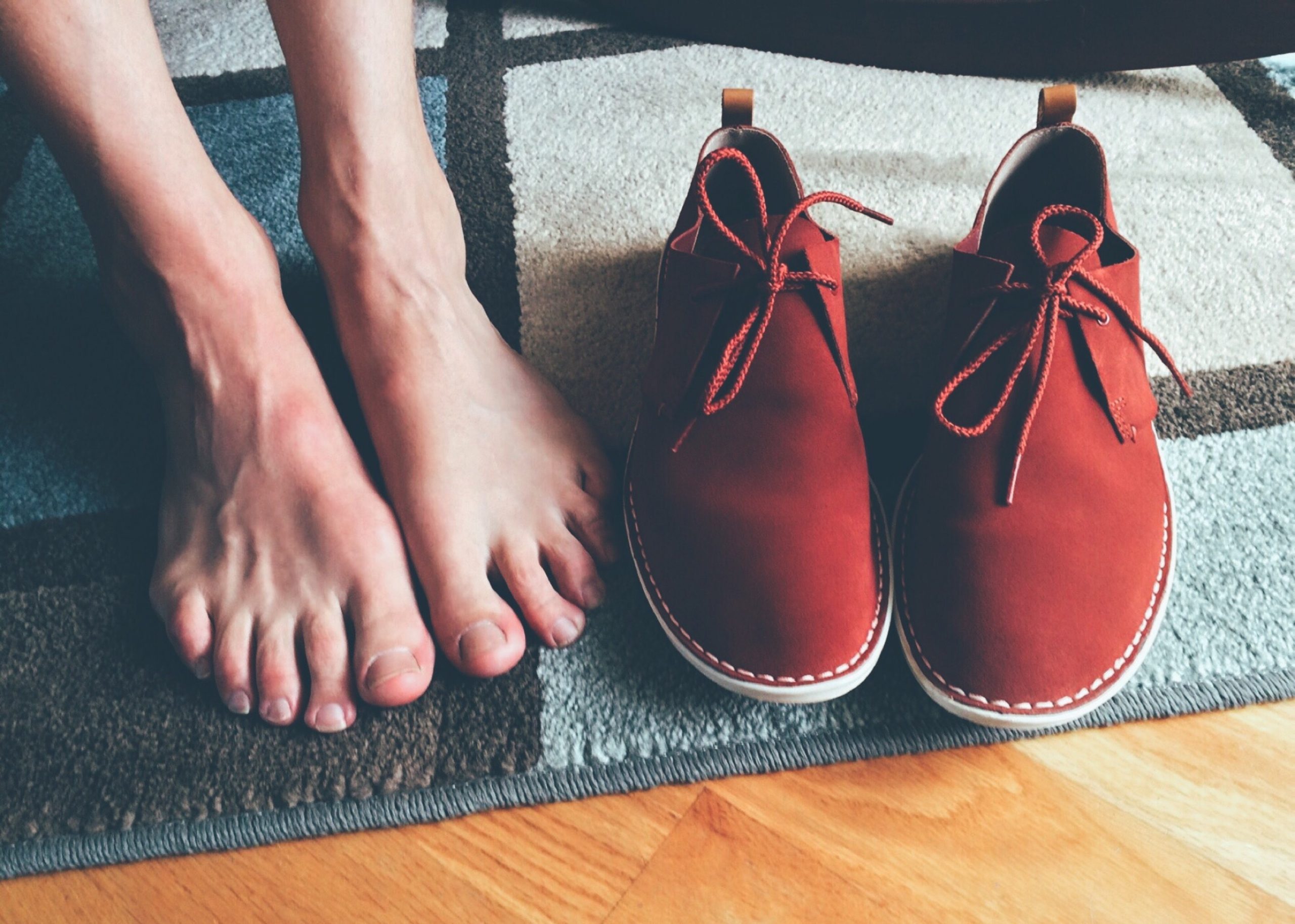When you think of gout, what image comes to mind? A paunchy nobleman, indulging in too much wine and rich food? As with many diseases, there are assumptions made about the diagnosis of gout that are not always based in fact.
According to Mayo Clinic, gout is a common and complex form of arthritis that can affect anyone, characterized by sudden, severe attacks of pain, swelling, redness and tenderness of the joints. Gout pain is primarily caused by the accumulation of urate crystals in the joints, which leads to swelling and inflammation, also known as a gout attack.
Here are some common myths associated with gout:

Myth: Gout only affects the wealthy and obese.
Truth: Gout can afflict anyone of any size! As with most conditions, being overweight can put you at a higher risk of having gout due to your body not being capable of functioning at its best ability. On the flip side, wealth and status have nothing to do with gout; genetics play a key role in whether or not you will also have gout. If your father, brother, aunt and uncle have gout, more than likely you will have it too!
Myth: Exercise and diet will not help gout symptoms.
Truth: With the help of a consistent exercise regime, maintaining a healthy body weight can help reduce the frequency of gout attacks. In addition to easing painful symptoms, exercise can provide overall stress relief and benefit to your health.
Diet plays a crucial part in increasing or reducing the amount of inflammation in the body. Harvard Health indicates that limiting the intake of red meat, alcohol consumption, refined sugars and salt, minimizes the amounts of purines consumed, a chemical that breaks down into uric acid in the body. Examples of foods low in purines include vegetables and low/non-fat dairy products.
Myth: Women cannot have gout attacks.
Truth: Although men are much more likely to develop gout early in life, the chance for women to develop gout increases dramatically following menopause. After age 60, men and women are just as likely to inherit gout symptoms.
Research Study Participation
No matter the myth you may have heard, it is still a fact that there is still research that needs to be done to find a cure for gout! Physicians at New England Research Associates are evaluating potential new treatment options for adults suffering from gout. If you or someone you know has been diagnosed with gout, you may be eligible to participate in clinical research study. Qualified participants will receive study-related care at no cost, as well as receive compensation for travel. To learn more on how you can be involved, CLICK HERE.
